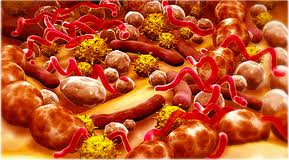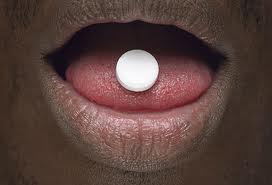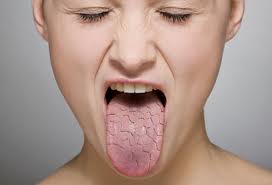This two-part article series discusses the predominant causes of halitosis, helping people understand what they need to do (or NOT do) to prevent bad breath!
No matter how blessed you are in the “looks” department, there is no greater damper on attraction than bad breath. You could have a smile worthy of a celebrity and a body that would give the Baywatch crew a run for their money (before they all went off the rails), but if you breath halitosis all over the object of your affection, chances are they’ll run a mile... with your less attractive best friend in tow! Thankfully, the dentist in Silver Spring MD has provided us with the inside scoop so that, armed with this information; you can do what it takes to prevent beastly breath!
1. Bad Breath is Caused by Bacteria

According to Silver Spring dentists, most of the time, the cause behind stinky breath is bacteria. That’s right... a ponging mouth is evidence that it is home to unhealthy levels of oral bacteria. But it’s not actually the bacteria you smell when that awful boss of yours comes and breathes all over your cubicle: it’s the wastes they produce! Just like any other animal on the planet, bacteria produce wastes and these are high in sulfurous compounds.
As charming as that thought ISN’T, it does mean that preventing bad breath is pretty easy. A rigorous home oral hygiene should be sufficient to keep your breath fresh and smelling perfectly acceptable! What does this involve?
- Brush at least two to three times a day, for two minutes at a time.
- Floss your teeth before you go to bed at night.
- Drink plenty of water.
- Gargle with an ADA-approved anti-bacterial mouthwash.
- Go for regularly scheduled appointments with the oral hygienist.
Minimizing bacterial activity in your mouth also means avoiding foods that are high in sugar and starch, as well as certain bad habits, such as smoking and excessive drinking.
2. You Are What You Eat

And if what you eat is stinky, then your breath will likely smell bad. Blue cheese may smell delectable perched on a cracker, but coming from your mouth...? Not so much. There are a variety of foods that are known to sour breath. In most cases, a decent brush and floss can eliminate the smell of, for example, stinky cheese, anchovies, coffee and banana (surprisingly enough).
But, the pungent juices of other foods, such as onions and garlic actually get absorbed by the bloodstream and are expelled via your lungs. So, no matter how vigorously you brush, you won’t fully be able to get rid of the smell of last night’s Thai stir-fry! If you have a hot date and don’t want to risk putting him or her off, your very best bet is to lay off the garlic the night before.
Alcohol is also absorbed by the bloodstream, which is why your breath smells like petrol the morning after a heavy night on the town. Unfortunately, no amount of brushing will eliminate that smell either, only time and plenty of water, which should help for that particularly nasty headache too.
Stay Tuned for Part 2
To read more about the causes of bad breath and Silver Spring dentists’ recommendations, stay tuned for the second installment of our two-part article series.



